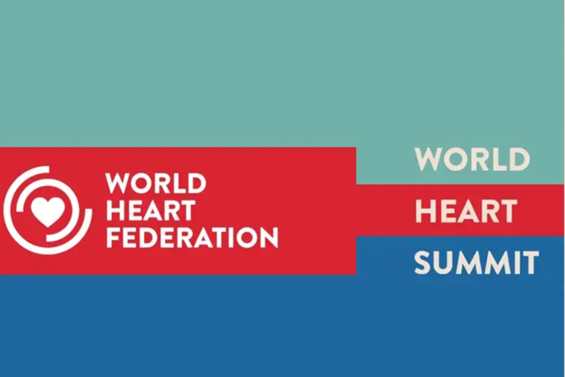Qatar at top in adopting new tech in health

Source: The Peninsula
Distinguished guests at the gala dinner of the World Innovation Summit for Health (WISH) at Al Shaqab equestrian centre, which was hosted by Her Highness Sheikha Moza bint Nasser, included Her Excellency Sheikha Mayassa bint Hamad bint Khalifa Al Thani.
Doha: Qatar is at the top among eight countries introducing new technology and practices into their healthcare systems, says a study released yesterday at the World Innovation Summit for Health (WISH) 2013 here.
‘New Global Diffusion of Healthcare Innovation’ (GDHI) weighs factors that promote adoption of healthcare innovation in Qatar, Australia, Brazil, Britain, India, South Africa, Spain, and the US. All countries below Qatar in the rankings are developed or developing economies with Australia, Britain, Spain and the US part of the select club of Organisation for Economic Cooperation and Development (OECD). In these nations, experts said, a gap was seen between what was important for the dissemination of new ideas and that which existed. Only in Qatar, a new and rapidly expanding economy, did the reality match the experts’ ratings.
The independent study commissioned by Qatar Foundation reveals that the spread of new ideas in healthcare requires governments and healthcare organisations to set out a clear vision of what can be achieved establish standards and eliminate old ways of working — yet most countries are not delivering on these measures. The Peninsula
“Qatar is unique in improving the next journey of system transformation as seen by healthcare professionals as the most prevalent dynamic,” said the document released yesterday.
The gap was largest in England and Spain, where the lack of funding for research, development and diffusion of new ideas was seen as a major drawback. In Australia, Brazil and South Africa, incentives and rewards for spreading innovation were seen as inadequate. In the US and India there was a small but consistent gap between the experts’ assessment and the reality.
“There is a noticeable gap between the importance and prevalence in most of the countries but the gap between expectation and reality is very less in Qatar,” said, Dr Greg Parston, chief author of the GDHI discussing about the study during a plenary session at WISH 2013.
GDHI was based on interviews and quantitative surveys among nearly 2,500 healthcare providers, policy makers, public health leaders and technology industry leaders across the eight countries.
United States and India ranks second, while Australia and England ranked third in ‘improving the next journey of system transformation.’
Experts were also critical about the research for not including developing or low income countries and assessing how they adopt innovation.
“Low income countries can go from innovation than middle income and high income countries,’’ said Richard Horton from The Lancet journal speaking at a plenary session.
“Innovation is critical than adopting technology, and there are wonderful examples for introducing innovation in low income countries… If you get good policies, politicians and way of implementing innovation can go long way,” he added.
He cited examples of a nationwide public healthcare insurance system introduced in China, and the method followed by Ruwanda to inform the Health Minister on every death of a pregnant mother.
He was joined by Princes Ghida Talal, Chairperson, Board of Trustees, King Hussein Cancer Foundation, Ali Thalib Al Hinai, Undersecretary for Planning, Oman and Stephen Dorrell MP for Charnwood in the UK.
The Peninsula
More News

WISH Brings Global Leaders Together at Osaka Expo to Tackle Attacks on Health in Armed Conflict
Read More

